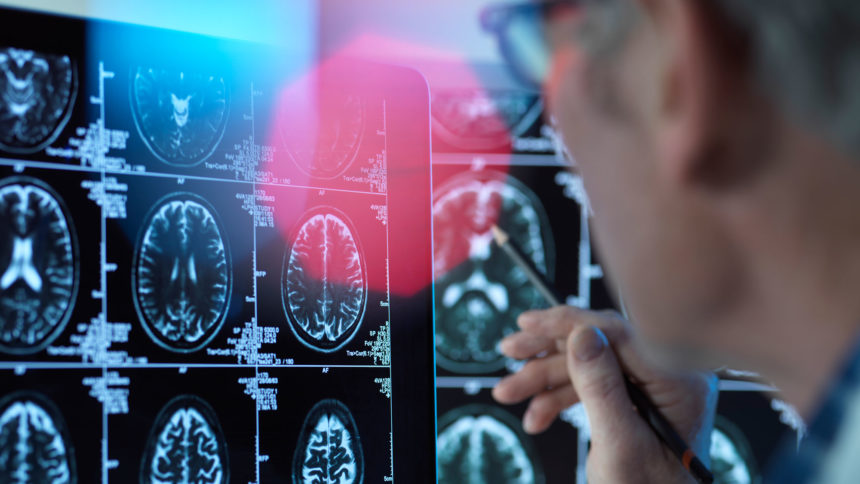
New neuropsychiatric conditions experienced by patients with severe COVID-19 match those of other severe acute respiratory illnesses (SARI) and likely require similar post-acute treatment and support, the authors of a new study say.
The researchers examined outcomes in more than 8 million patients discharged after hospitalization for COVID-19 in the United Kingdom between January 2020 and July 2021. They compared the risk of new-onset neuropsychiatric conditions and related drug prescriptions between these patients and those discharged after a bout with SARI.
Both sets of survivors were much more likely to have new neuropsychiatric disorders such as dementia, psychotic disorders and anxiety than the general population. They were also more likely to be newly prescribed related medications such as antidepressants.
When directly compared, there were no significant differences in post-acute symptoms and related new medications between the COVID-19 and SARI groups aside from a lower risk of antipsychotic prescriptions in the COVID-19 group.
Although the occurrence of long COVID is a legitimate concern, the study results suggest that disease severity, rather than the type of pathogen, is the most important factor when considering treatment for neuropsychiatric complications after severe respiratory infections, the authors concluded.
Notably, a similar study of patients in the United States found a higher incidence of neuropsychiatric diagnoses than did the current study. This may reflect different diagnostic practices in the U.S. and England, the researchers said.
Full findings were published in JAMA Psychiatry.
Related stories:
SNF residents’ acute-care respiratory readmissions rise alongside community flu rates: study
Functional impairment from COVID-19 may persist long after ICU discharge, studies suggest




